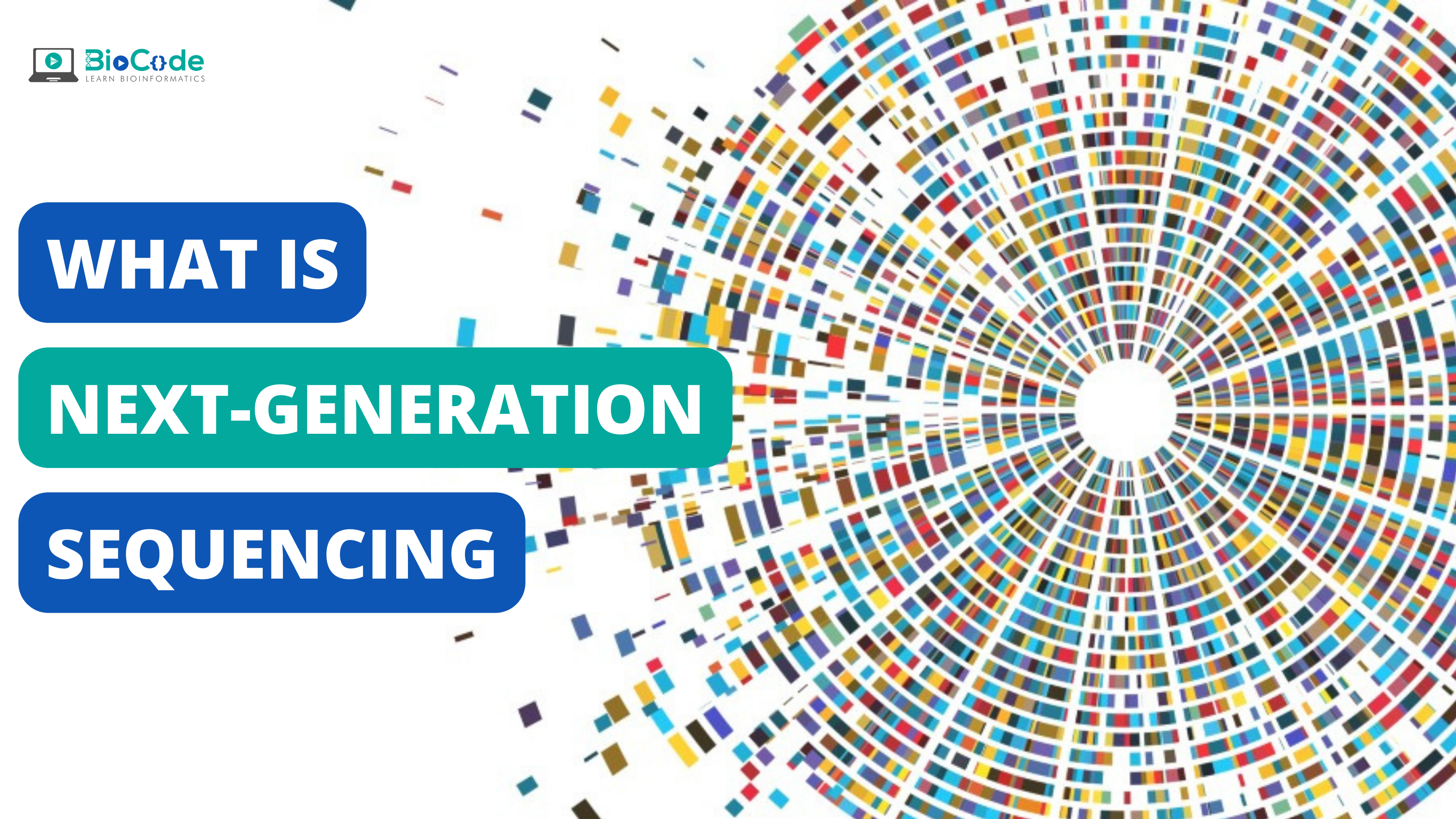One of the important aspect of NGS data is its usage in early disease diagnosis especially in cancer which was
Bioinformatics & Next-Generation Sequencing


One of the important aspect of NGS data is its usage in early disease diagnosis especially in cancer which was